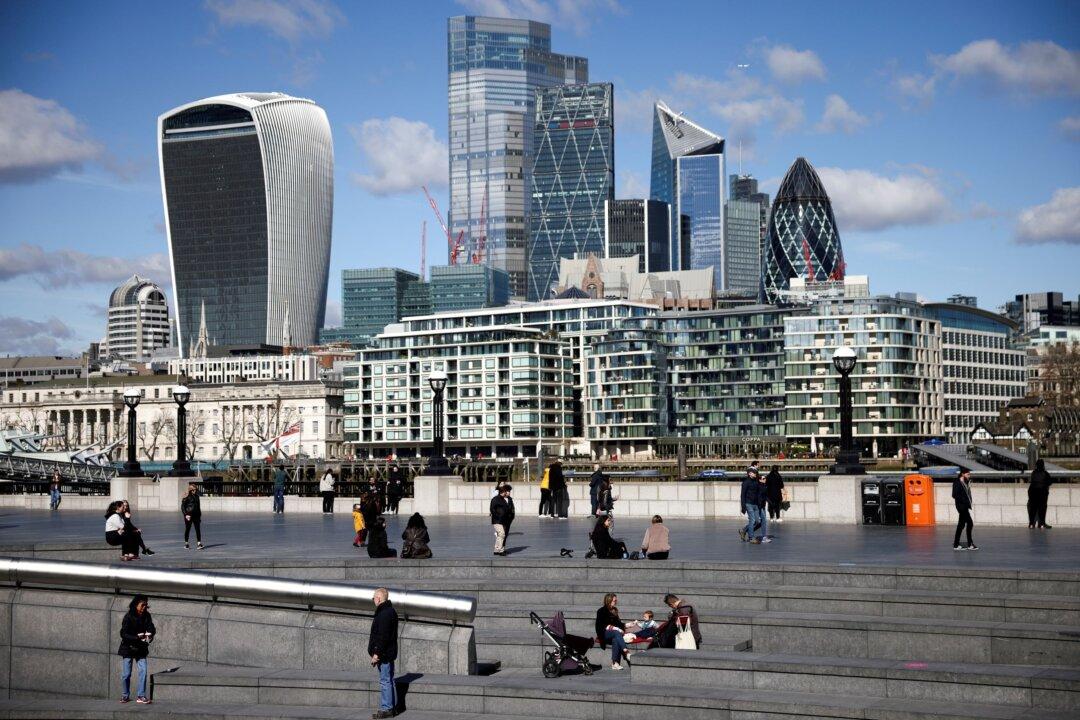Banks have questions to answer about how quickly they have been passing on interest rate rises to savers, a Cabinet minister has said.
Last week, the Bank of England raised interest rates from 4.5 to 5 percent, a level last seen in April 2008.

Banks have questions to answer about how quickly they have been passing on interest rate rises to savers, a Cabinet minister has said.